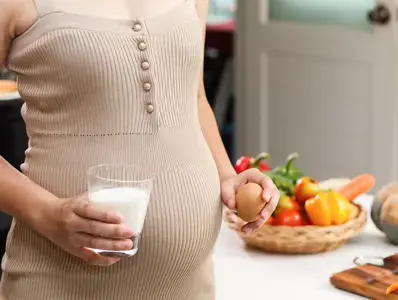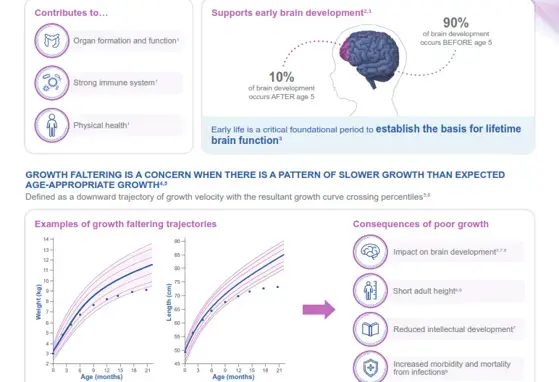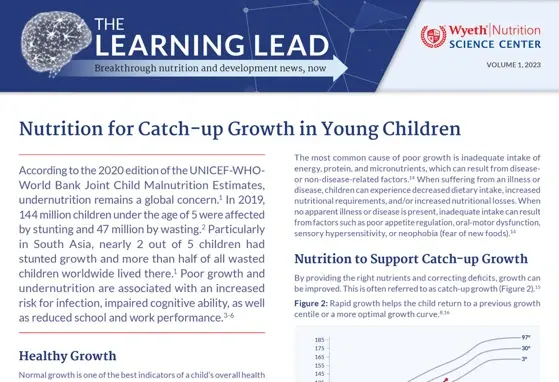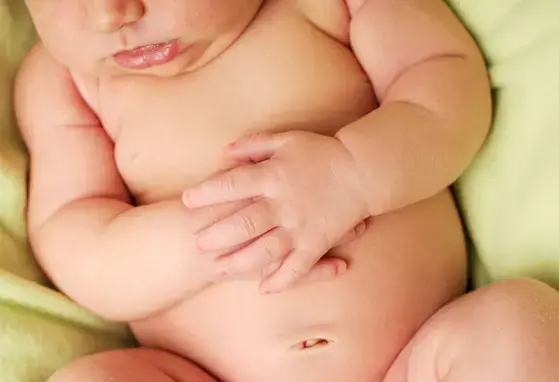[Literature library] Iodine nutrition and timing of iodine supplement initiation

As demands for iodine grow during pregnancy and postpartum, pregnant and lactating women are groups vulnerable to iodine deficiency and subsequent thyroid dysfunction.
This cohort study investigated the potential associations between thyroid function, iodine nutrition and timing of iodine supplement initiation in mildly-to-moderately iodine-deficient pregnant and postpartum women. 137 pregnant women were enrolled and followed up at gestational weeks (GWs) 18 and 36, 3- and 6-month postpartum. In brief,
- The median urinary iodine concentration (UIC) was below the recommended WHO concentrations throughout pregnancy and until 6-month postpartum, indicating mild-to-moderate deficiency
- Urinary iodine concentration: creatinine ratio (UIC: Cr) was negatively associated with concentrations of free triiodothyronine (fT3) and free thyroxine (fT4)
- Thyroid-stimulating hormone (TSH) was positively associated with iodine intake, while fT3 and fT4 were negatively associated with iodine intake.
- Neither beneficial nor harmful effect on thyroid hormone function was found if the iodine-containing supplement had been initiated after conception
- Initiating an iodine-containing supplement prior to conception and continuing through pregnancy was associated with lower TSH concentrations but higher concentrations of fT4 and fT3, which may suggest improved thyroid function.
- To conclude, optimization of iodine intake should start before pregnancy
Link to the full report:
https://www.ncbi.nlm.nih.gov/pmc/articles/PMC8485914/pdf/nxab224.pdf
Reference:
Næss S et al. Iodine nutrition and iodine supplement initiation in association with thyroid function in mildly-to-moderately iodine-deficient pregnant and postpartum women. J Nutr. 2021;151(10):3187-3196.
Other articles that you might be interested in:
[Local data] The first city-wide iodine survey in Hong Kong
WYE-EM-194-NOV-21
If you liked this post you may also like



[Science Update] Relationship between metabolites modulated by HMOs and reduced risk of LRTIs

[Science Update] Early-life gut ecology and reduced risk for reported LRTI